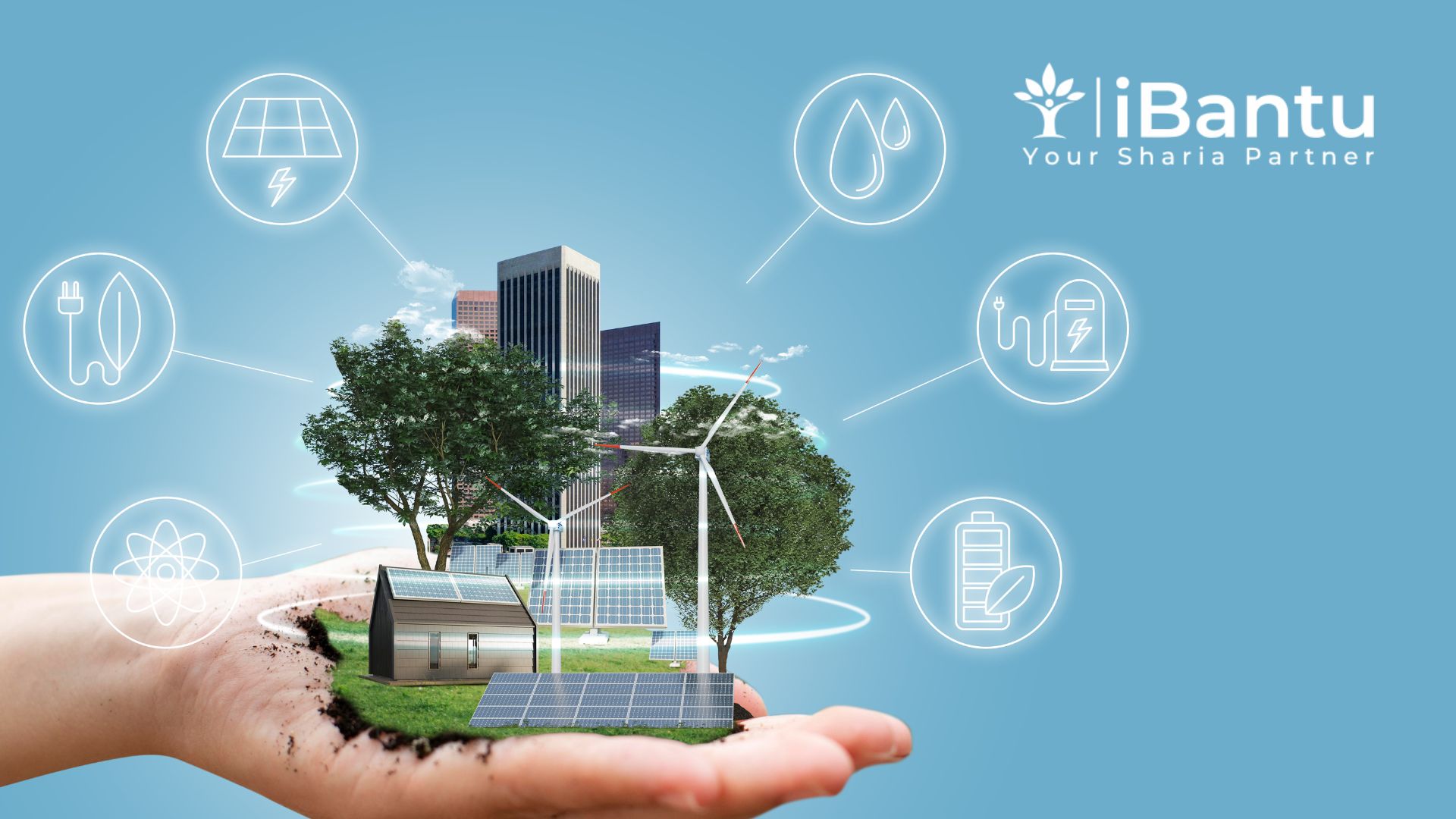The ongoing conflict between Palestine and Israel continues to evoke deep-seated debates, with questions of who’s right and who’s wrong still in the forefront of discussions. While history reminds us that Palestinians initially welcomed and assisted Israeli refugees in Palestine’s land, today’s reality paints a different picture. Amid this ongoing strife, it is imperative that we turn our attention to the everyday lives of the Palestinian people, considering how they can thrive in this tumultuous environment and whether finance can play a role in mitigating the conflict.
A Lesson Learned from Mahmod Ismail Oda
In pursuit of this perspective, we bring forth the story of Mahmod Ismail Oda, an inspiring figure in the rocky terrain of the northern West Bank. In a region where fertile land is a rarity, Oda passionately tends to a greenhouse teeming with a variety of leafy vegetables. Located just 25 kilometers from the Israeli border, this area bears the scars of prolonged conflict and economic adversity. Two years ago, Oda faced a predicament familiar to many like him – he needed financial assistance to purchase protective plastic housing for his precious vegetables. Unfortunately, the required $5,000 was an amount that traditional banks displayed little interest in lending, and Oda lacked the usual collateral required for conventional loans. As a devout Muslim in his mid-40s, Oda also harbored concerns about incurring a debt he might struggle to repay.
For Oda, the solution emerged in the form of a groundbreaking financial model, one that harmonizes micro-finance with adherence to Islamic law, commonly known as Shariah. Enter Reef Finance, among other emerging institutions, offering a potential catalyst in bringing prosperity and perhaps even peace to the rural communities of the West Bank.
The Economic Landscape of Palestine
Over the years, the Palestinian economy has borne the brunt of conflict and containment. However, since the cessation of the Second Intifada in late 2004, the West Bank has witnessed a modest upswing in economic activity, thanks in part to donor aid programs and the contributions of the Palestinian diaspora, comprising over nine million individuals who send remittances to support their families and bolster local businesses. This renewed economic vigor is evident in the purchase of cars, designer clothing, and other consumer goods by many young Palestinians. The construction of new apartments and hotels stands as tangible evidence of investment. In Hebron, an industrial hub in the West Bank, storefronts showcasing luxury brands like Rolex and Versace are reminiscent of high-end shopping districts in European capitals.
Yet, despite these observable signs of growth, wealth remains unevenly distributed across the West Bank. The lion’s share of the newfound prosperity is concentrated in urban centers, leaving a significant portion of the population mired in poverty. According to the International Committee of the Red Cross, as of February 2010, 50% of the West Bank’s residents continue to grapple with economic hardship. In rural areas, many families still adhere to a traditional Bedouin way of life, dwelling in tents or makeshift shelters, while their livestock find shelter in sturdier buildings constructed through past relief initiatives.
The Promise of Islamic Microfinance
Within this landscape of economic disparities and nascent prosperity, the introduction of Islamic microfinance offers a glimmer of hope for individuals like Mahmod Ismail Oda. These innovative financial tools, designed to be Shariah-compliant, cater to the specific needs and circumstances of those traditionally overlooked by conventional banks. For Oda, it meant gaining access to the funds necessary to safeguard his agricultural investments without compromising his commitment to Islamic principles.
As microfinance institutions such as Reef Finance and others make their presence felt in Palestine, the potential to empower rural communities economically and foster stability becomes increasingly apparent. By granting access to credit and financial services that adhere to Islamic ethics, these organizations provide a lifeline to those striving to break free from poverty and build brighter, more secure futures for themselves and their families.
The impact of Islamic microfinance transcends mere financial inclusion. It nurtures self-sufficiency, entrepreneurial spirit, and financial literacy among individuals who, like Mahmod Ismail Oda, aspire to improve their economic prospects while upholding their cultural and religious values. In doing so, it holds the promise of economic prosperity and the potential for peace and stability in a region that has yearned for both for far too long.
Call to Action: iBantu Perspective
As we witness the enduring strife in Palestine, we can find hope in the transformative potential of Islamic microfinance. The story of Mahmod Ismail Oda illustrates how this innovative financial model, grounded in Shariah principles, can empower individuals to overcome economic adversity, preserve their cultural and religious values, and, in the process, contribute to building a more prosperous and stable future for their communities. To bring about lasting change, we must collectively support and expand these initiatives, creating opportunities for countless others like Oda. It’s time to act and champion the power of Islamic microfinance as a path to prosperity, not only in Palestine but in regions grappling with similar challenges, fostering both economic empowerment and the potential for peace.
For the rest, learn more about Islamic Finance by joining iBantu Academic.
______________________________________________________________
Reference:

